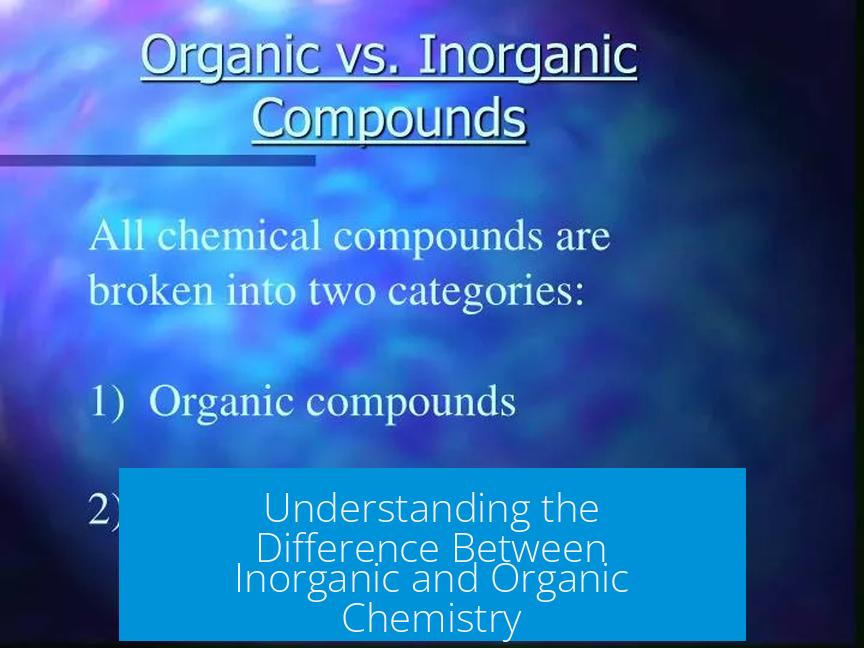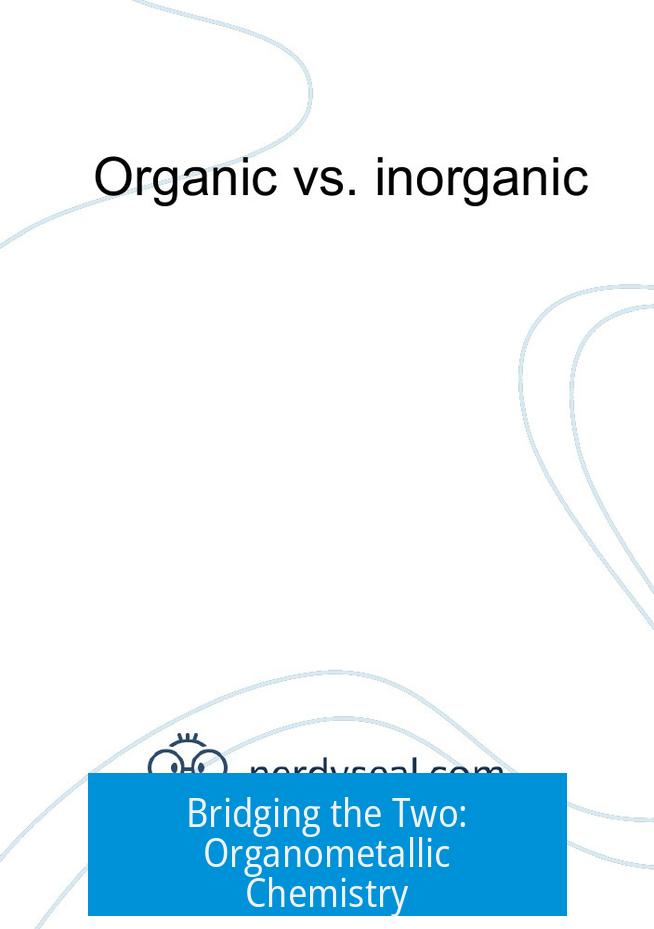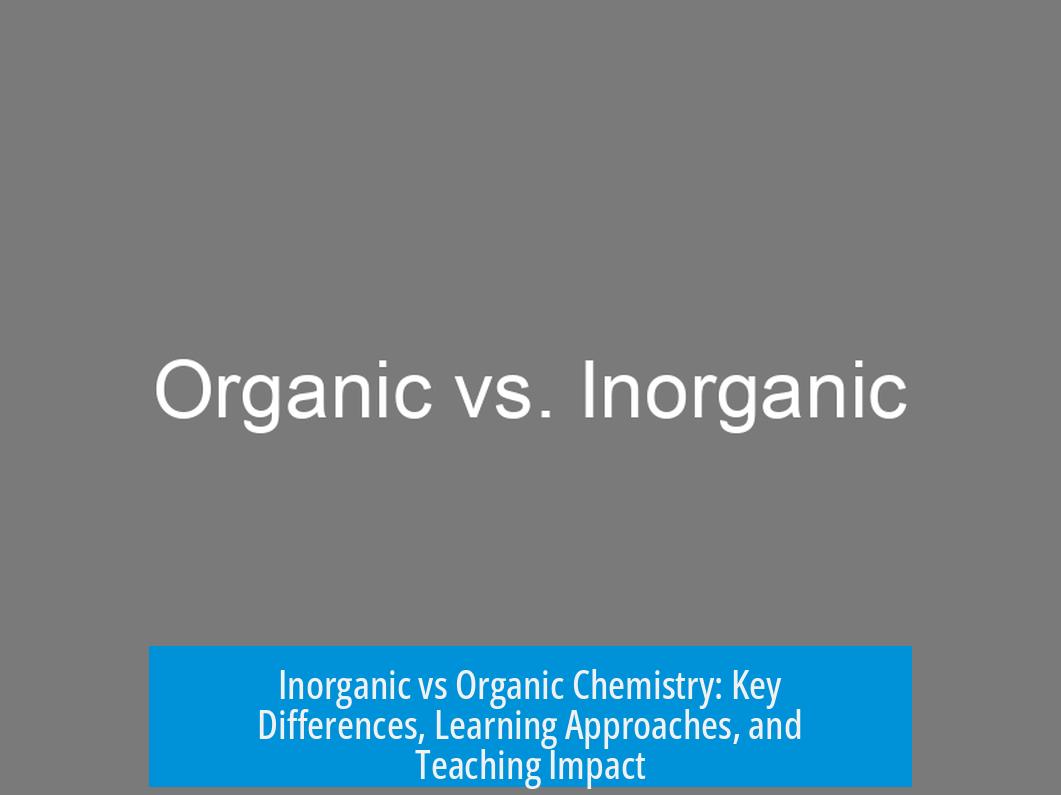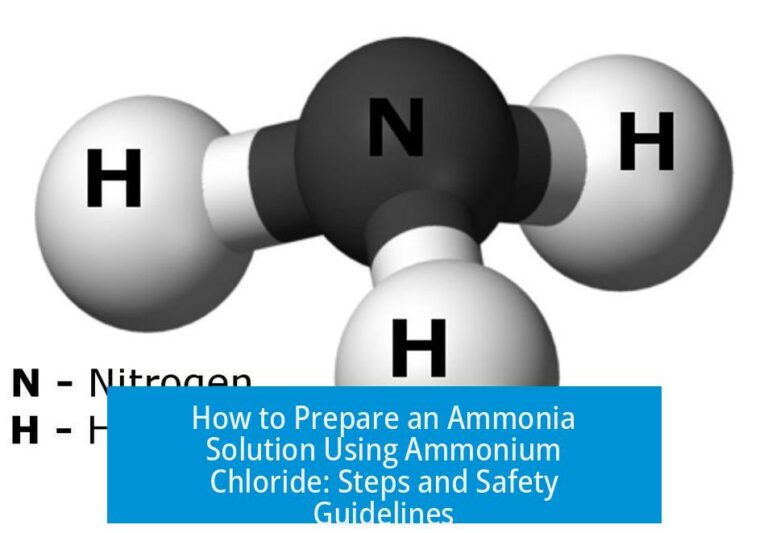Understanding the Difference Between Inorganic and Organic Chemistry

Inorganic chemistry deals with compounds typically lacking carbon-hydrogen bonds, while organic chemistry focuses on carbon-containing compounds. Though they overlap, their scopes, learning styles, and entry difficulty vary notably, shaping distinct approaches to studying these fields.
Scope and Nature of Each Field
Inorganic chemistry covers a broad range of substances, from metals to minerals, encompassing many elements and their compounds. It is often regarded as a very wide and less structured area compared to organic chemistry.
Organic chemistry, by contrast, centers on carbon-based molecules. It operates with a limited set of fundamental rules—similar to chess—which generate diverse molecular structures and reactions. This framework allows for systematic prediction of compound behavior.
Difficulty and Entry Considerations
The initial exposure to inorganic chemistry can be less accessible due to its vast and less predictable nature. Many students encounter both inorganic and organic chemistry simultaneously in their first year. However, some curricula position inorganic chemistry as a more advanced topic, introduced after foundational organic chemistry.
Despite variations, both fields generally represent comparable difficulty levels when deeply studied. Some programs consider inorganic, organic, and analytical chemistry as equivalent second-year courses for chemistry majors.
Learning Styles and Cognitive Approaches
Organic chemistry favors learners who build strong foundational knowledge and understand connections between concepts. Success often arises from mastering core principles and applying them flexibly.
Inorganic chemistry may appeal more to individuals comfortable with memorizing separate facts. It relies partly on knowing many loosely related details about elements and compounds, which can be reproduced during assessments.
Bridging the Two: Organometallic Chemistry

The intersection of these two fields appears in organometallic chemistry. This branch studies compounds containing metal-carbon bonds, combining concepts and techniques from both disciplines.
Impact of Teaching Quality
The major factor influencing a student’s experience in inorganic or organic chemistry is often the quality of instruction. Effective tuition can make a significant difference in comprehension and engagement.
Summary of Key Points
- Inorganic chemistry spans a broad range of non-carbon compounds; organic focuses on carbon-based compounds.
- Both have similar difficulty levels once mastered, though inorganic may have a steeper initial barrier.
- Organic chemistry benefits from logical, rule-based thinking; inorganic involves memorization of diverse facts.
- Organometallic chemistry provides an intermediate field linking both areas.
- Teaching quality greatly influences the learning experience and choice of course.
What distinguishes inorganic chemistry from organic chemistry in terms of subject scope?
Inorganic chemistry covers a broad range of elements and compounds, making it a wide field. Organic chemistry works with a few basic rules that create many possible structures, like in a strategic game.
Which thinking style suits inorganic and organic chemistry best?
Organic chemistry favors understanding connections and revising basics. Inorganic chemistry suits learners who excel at memorizing varied facts without needing tight links between them.
When do students typically encounter inorganic and organic chemistry in their studies?
Both subjects often start in the first year of college. Some programs delay inorganic chemistry until junior year, building on the organic chemistry foundation.
How does organometallic chemistry relate to inorganic and organic chemistry?
Organometallic chemistry bridges the gap between inorganic and organic fields, combining elements of both, and is considered an intermediate area.
Does the quality of teaching affect the choice between inorganic and organic chemistry?
Yes, the main factor in choosing a course is often the quality of instruction rather than the content difficulty itself.





Leave a Comment